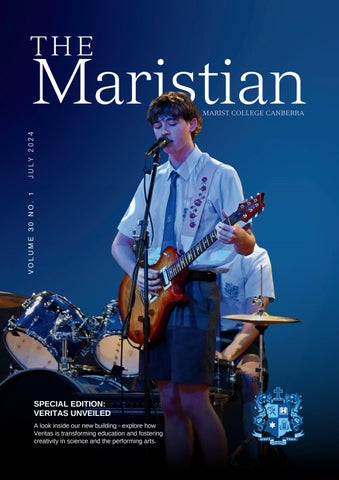In a striking turn of events, Prince Harry and Meghan Markle seem to have eclipsed the royal spotlight, leaving Prince William and Kate Middleton grappling with the fallout from a disastrous Caribbean tour.
The recent scrutiny surrounding the British monarchy has intensified, revealing deep-seated tensions and contrasting receptions for the two royal couples.
The Caribbean tour undertaken by William and Kate was marred by controversy.
Their attempts to engage with local communities were met with criticism, as they were seen greeting children from behind fences, an image that sparked outrage.
This awkward display raised questions about their understanding of cultural sensitivities and left many wondering if they were out of touch with the realities faced by the people they visited.
Adding to the embarrassment, reports surfaced of Kate avoiding physical contact with a Black woman during their trip.
Such incidents painted a troubling picture of the royals’ interactions in the Caribbean, reinforcing perceptions of a monarchy stuck in a bygone era.
The backlash culminated when a Jamaican leader publicly declared that the nation was “moving on,” a clear indication of the diminishing relevance of the monarchy in former colonies.
In stark contrast, Harry and Meghan’s brief visit to Jamaica for the premiere of a Bob Marley film was met with warmth and enthusiasm.
The couple was welcomed with open arms, highlighting a significant shift in public sentiment towards them.
The Prime Minister of Jamaica even expressed delight in meeting the Sussexes, further emphasizing the growing divide between the two royal couples.
The repercussions of William and Kate’s Caribbean missteps extend beyond public relations.
The British taxpayers now face an £800,000 bill for a study examining the monarchy’s future in the Caribbean, a cost that many see as wasted on a royal family struggling to maintain its relevance.
Critics argue that these funds could be better allocated to pressing needs within the UK.
As the monarchy grapples with its image, the contrast between the Sussexes and the Cambridges becomes increasingly pronounced.
While Harry and Meghan appear to resonate with younger generations and those in the Caribbean, William and Kate seem to be losing ground.
Many in these nations no longer view the British royal family as a symbol of unity or progress.
The narrative surrounding the monarchy’s role in former colonies is shifting.
Activists advocating for the abolition of the monarchy are gaining traction, fueled by the perception that the royals offer little to no benefit to the Caribbean nations.
As sentiments grow against the monarchy, the question arises: what is the future of royal representation in these regions?
The recent events highlight a broader conversation about colonial legacies and the monarchy’s place in modern society.
With increasing calls for accountability and change, the royal family must navigate a complex landscape fraught with historical implications.
Prince William and Kate’s Caribbean tour may very well mark a turning point for the monarchy.
Their inability to connect with the people they visited has led to skepticism about the relevance of the royal family in today’s world.
Meanwhile, Harry and Meghan continue to thrive, suggesting that a new generation of royals may be emerging.
As the dust settles, the British royal family faces a critical juncture.
The contrasting receptions of the two couples illustrate a fundamental shift in public perception.
With the monarchy’s future hanging in the balance, only time will reveal how this saga unfolds.
In the end, it appears that the Sussexes have successfully carved out their niche, while the Cambridges struggle to find theirs.
The evolving dynamics within the royal family reflect broader societal changes and the ongoing dialogue about tradition versus progress.
The next chapter in this royal drama promises to be anything but dull.
Related Stories

